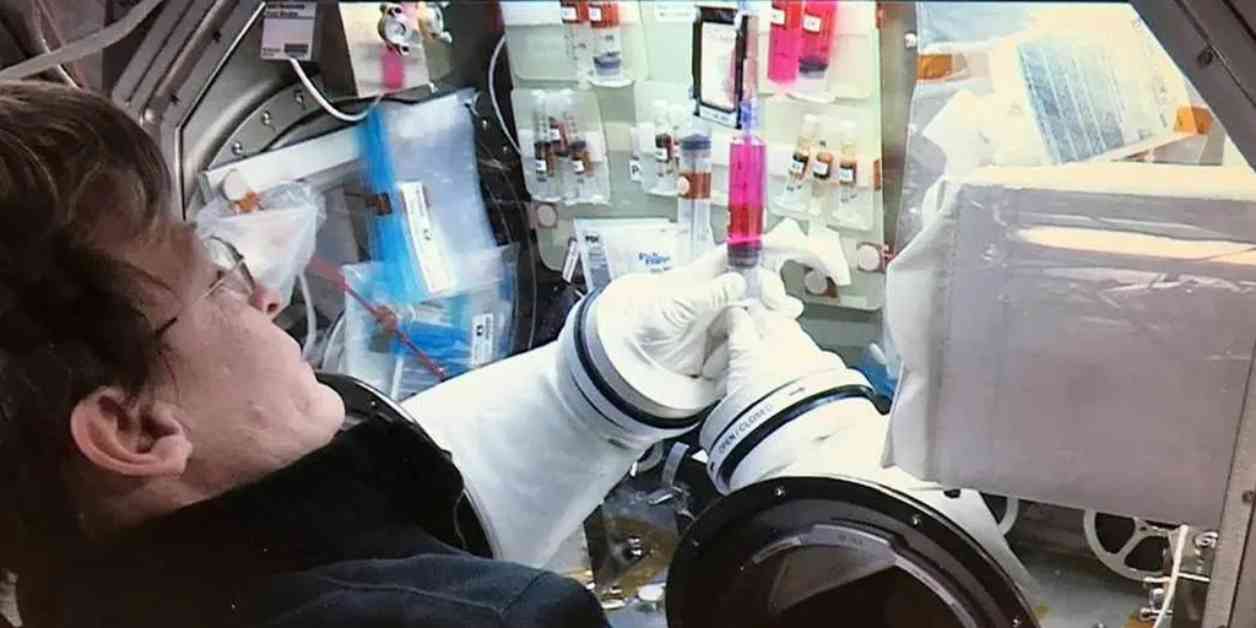Research conducted on the International Space Station (ISS) is proving to be a game-changer in the medical field here on Earth. NASA Administrator Bill Nelson expressed excitement about the potential of this research, highlighting the significant impact it could have on drug development and treatment options for various diseases.
One of the key areas of research involves observing protein crystallization in zero gravity, which has the potential to enhance cancer treatments. Pharmaceutical company Merck has initiated several projects in this area, with promising results that could revolutionize cancer treatment on Earth.
The microgravity environment of space has also provided valuable insights into the human body, particularly in understanding the effects of aging. Scientists have discovered that microgravity and radiation in space mimic some aspects of aging, shedding light on how our bodies change over time.
Another groundbreaking area of research involves stem cell studies on the ISS. Growing stem cells in a lab on Earth has proven to be challenging, but the unique conditions of space offer new possibilities for expanding these cells and potentially treating a wide range of diseases. Mayo Clinic specialist Dr. Abba Zubair’s research on stem cells in space has shown promising results, with potential implications for treating stroke patients and other medical conditions.
The research conducted on the ISS has opened up new avenues for medical advancements, offering hope for more effective treatments and therapies in the future. While the research is still in its early stages, the potential for breakthroughs in treating diseases like Parkinson’s, brain cancer, and others is significant.
As scientists continue to explore the possibilities of space-grown stem cells, the hope is that with increased funding and resources, these treatments could become available to patients sooner rather than later. Dr. Zubair’s passion for space and his commitment to finding innovative solutions to medical challenges highlight the importance of this research in shaping the future of healthcare.
In conclusion, the research being carried out on the ISS represents a new frontier in medical science, with the potential to transform the way we approach disease treatment and patient care. The collaboration between NASA, pharmaceutical companies, and medical researchers underscores the importance of exploring new frontiers to unlock the secrets of human health and longevity. As we look to the stars for answers, the possibilities for medical breakthroughs on Earth are truly limitless.





















